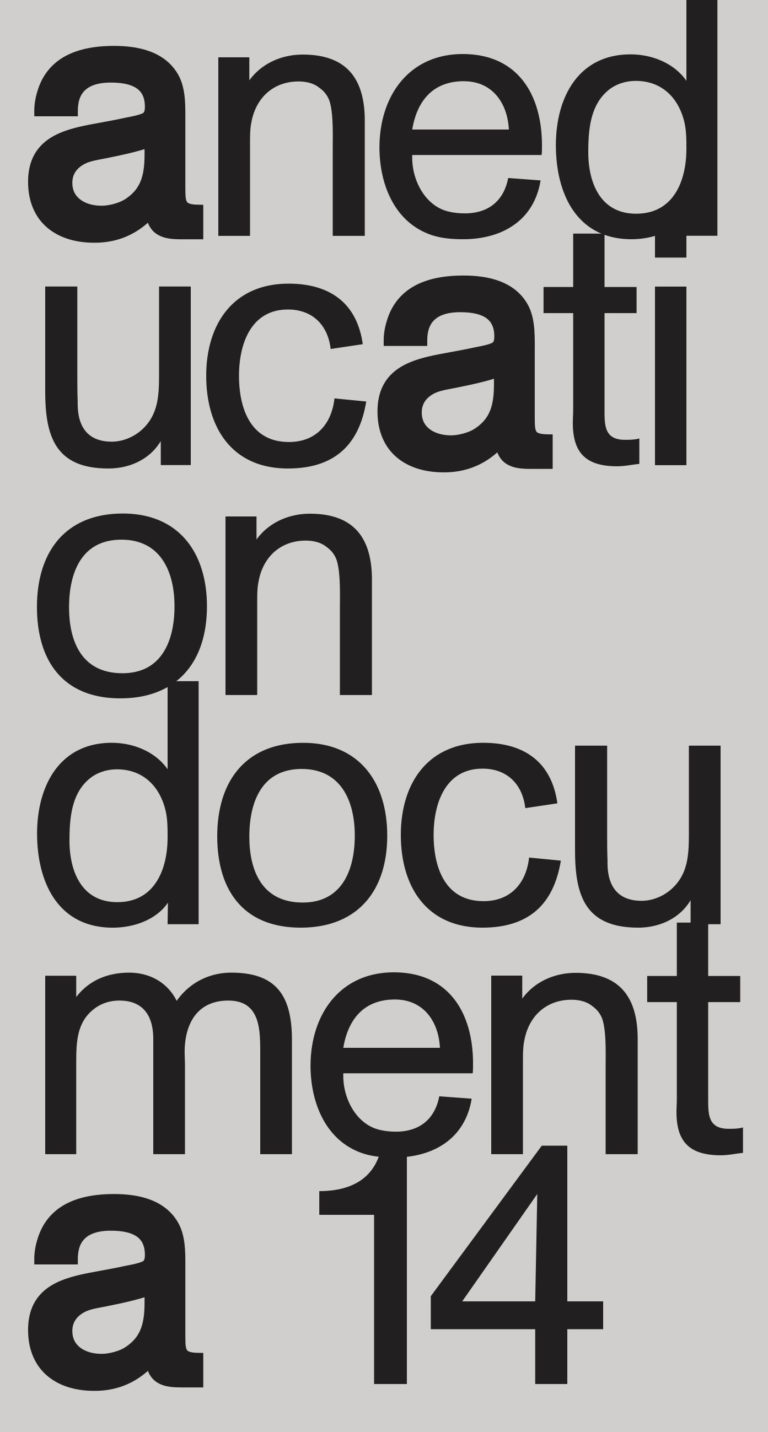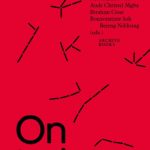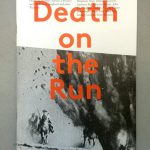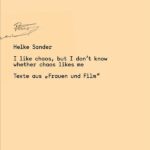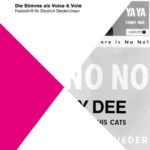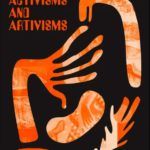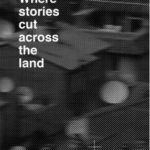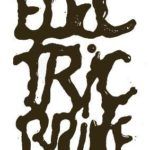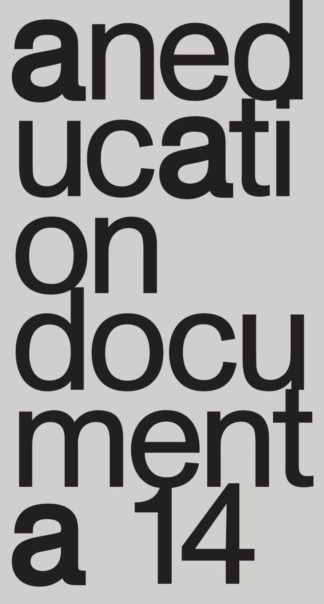Aneducation – Documenta 14
15,00 € VAT Included
Only 2 left in stock
Paperback, 22×12 cm, 384 pages, ISBN 9783943620801, text in English & Greek.
“This is not a book of good intentions.
It attempts to introduce a chorus of voices that speak from different positions on aneducation, the education program for Learning from Athens, documenta 14 in Athens and Kassel. Instead of objectives and overviews, target groups and outcomes, successes or failures, the program was determined by process and experience. In thinking through the body it was possible to examine how we come together and recognize knowledge not as a one-way transmission but as a form of exchange that can be circulated. Further, the aim was to listen and learn as an institution, be receptive, and acknowledge the complexities of hearing, from eavesdropping to listening to one’s inner voice. The mode of ‘being with’ guided our program and publication, both of which seek to lay bare the opaque relationships between education, exhibition making, and their publics.
Forty-eight entries are organized alphabetically as a lexicon, each written by various members of the aneducation team and documenta 14 Chorus, as well as curators, artists, and educators who contributed to the program. The publication’s many points of departure present just as many desires for other sites of learning. Cross references among the entries show the deep relationships that existed—and continue to deepen—between the methods, programs, and locations of aneducation.
aneducation aimed to complicate the politics of ‘knowing’ as institutional practice—namely, its genealogies and the power relations it imposes. It was not only about knowledge, but the daily embodied practices of listening, walking, gesticulating, performing, doing, reading, and being in dialogue with others. An open ecology was needed, and developed in conversation with artists, local publics, and associated organizations, drawing on many practices as processes for learning. This was realized in core questions concerning what shifts, drifts, and remains.
Many of the thoughts, practices, references, and reflections that surfaced during this endeavour are made visible in this publication. The entries raise questions around methodology, infrastructure, desire, and of education. Some terms are conceived individually with others in mind, while some are collectively generated. So who is the we? The ‘we’ is many individual, collected, and shared voices. Instead of failing to attempt representing the ‘we’, it has been important to speak from the first person singular—a complex web of subjectivities, encounters, and conversations indecipherable from the lines that intertwine them.
Words alone cannot carry the meaning of our individual and collective experience; language has its limits, its lack, but also its power. As a semantic mode of witness, a way to deal with the collective production of sounds, gestures, voices, and encounters through words, the vocabulary issued here comprises a vehicle towards blurring linguistic and subjective hierarchies.
This is one of many introductions and perhaps no introduction at all.”
— Also available in German & Greek (same ISBN on book) —


